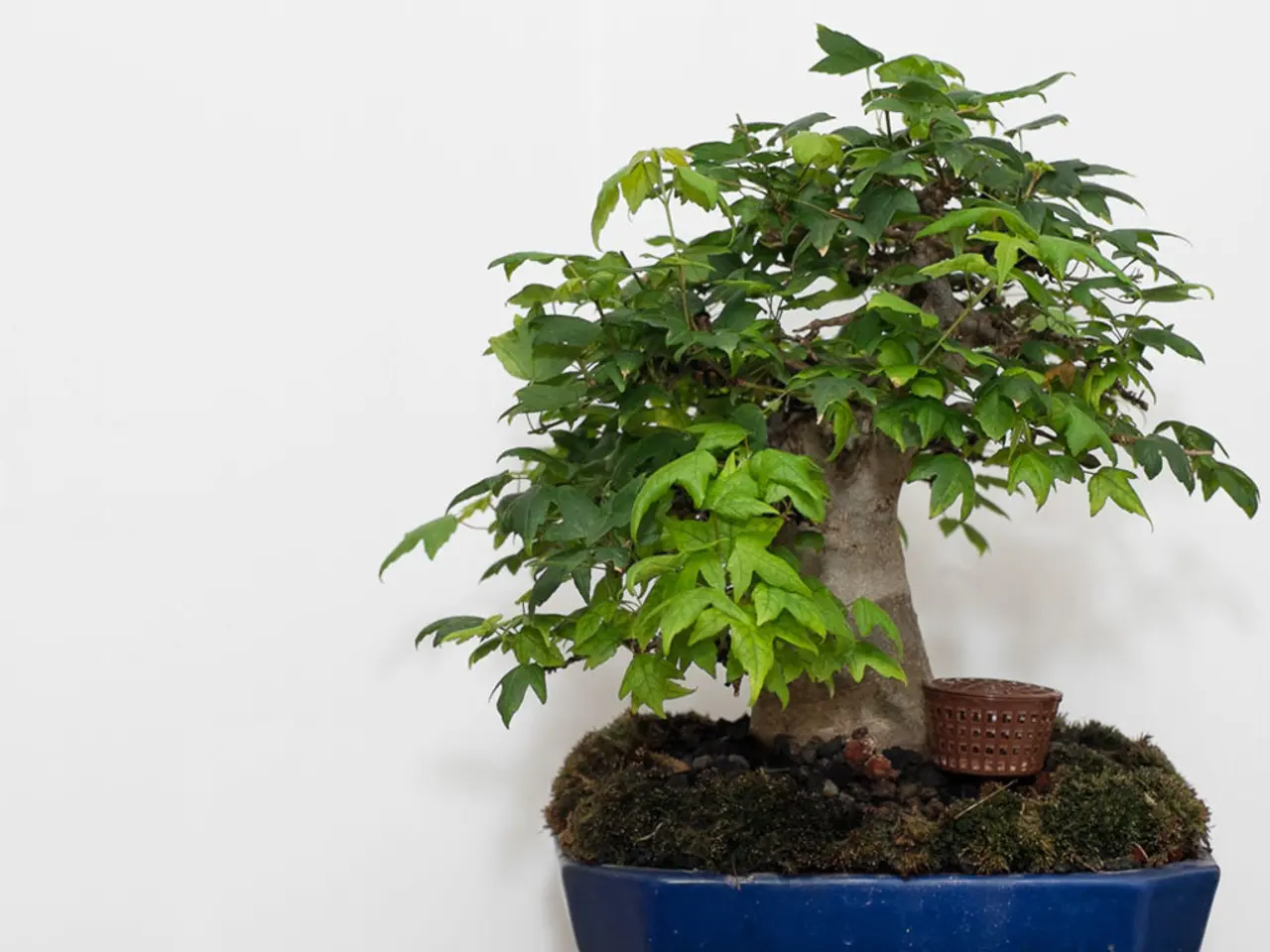Soil Health Enhancement with Useful Microorganisms for Bonsai Cultivation
Bonsai enthusiasts know that maintaining the health and vitality of these miniature trees requires a delicate balance of care. One key aspect that often goes unnoticed is the role of beneficial bacteria in bonsai soil. These microscopic helpers contribute significantly to the growth and wellbeing of bonsai trees.
Optimal pH ranges for beneficial bacteria in bonsai soil typically fall between 6.0 and 8.0, with most thriving in neutral to slightly acidic soils at pH 7.0. These bacteria outcompete pathogens for resources, creating an unfavourable environment for disease-causing microorganisms to thrive.
Beneficial bacteria form symbiotic relationships with bonsai trees, breaking down organic matter and recycling nutrients for optimal root growth. They also help suppress disease and prevent infection, safeguarding the health and stability of the tree.
Phosphorus-solubilizing bacteria release bound phosphorus from organic matter, making it available for nutrient uptake, a crucial element for plant growth and development. Nitrogen-fixing bacteria, such as Rhizobia, Frankia, and Cyanobacteria, play a pivotal role in converting atmospheric nitrogen into a form accessible to bonsai trees, thereby enriching the soil ecosystem.
Beneficial bacteria like Bacillus and Pseudomonas species solubilize potassium-bearing minerals, making them accessible to bonsai roots. They also facilitate nutrient cycling, releasing essential micronutrients and making them accessible to the tree’s roots, promoting vigor and beauty.
To enhance the presence of beneficial bacteria in the bonsai soil ecosystem, several practices can be applied. Using soil inoculants and biological fertilizers, such as products containing beneficial bacteria, mycorrhizae, and other probiotics, can fortify the rhizosphere and promote root development. Adding organic matter such as compost to the soil increases carbon and provides a habitat and food source for beneficial microbes.
Maintaining good soil aeration and drainage is also crucial, which can be achieved by using appropriate soil mixes containing components like perlite or peat moss, helping avoid waterlogging and encouraging microbial life. Applying organic fertilizers regularly during the growing season provides nutrients in forms that beneficial bacteria can act on to sustain healthy growth and vitality in bonsai trees.
In summary, beneficial bacteria promote bonsai health by improving nutrient cycling and root environment. Enhancing their presence involves adding organic matter, using probiotic soil conditioners or inoculants, ensuring proper soil aeration, and maintaining regular organic feeding schedules.
By incorporating beneficial bacteria into bonsai care, a harmonious environment can be created where miniature trees can flourish, resisting disease and reaching their full potential. These microscopic helpers truly are the unsung heroes in the world of bonsai.
Incorporating science and nutrition into bonsai care by promoting beneficial bacteria can lead to improved health-and-wellness and fitness-and-exercise of the trees. These microscopic allies, such as Bacillus and Pseudomonas species, help with nutrient cycling, disease suppression, and creating an optimal root environment, thereby ensuring mental-health and vitality of the trees.




